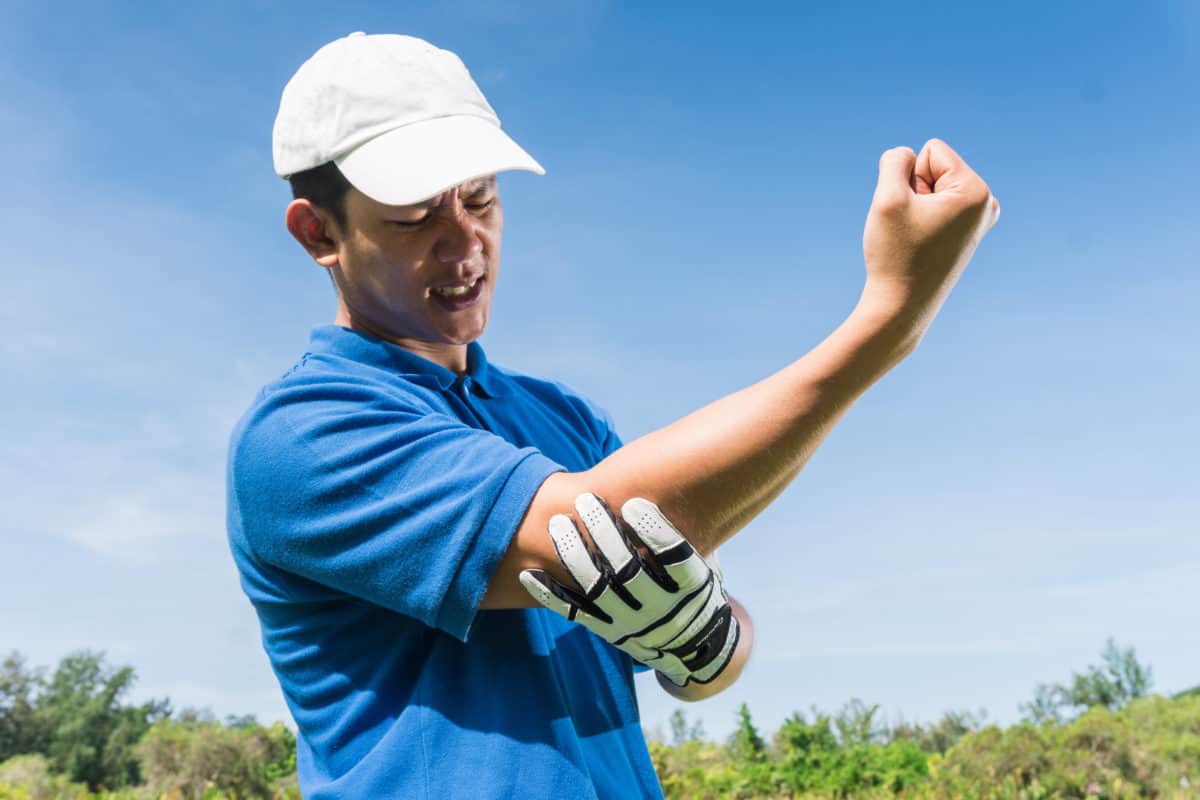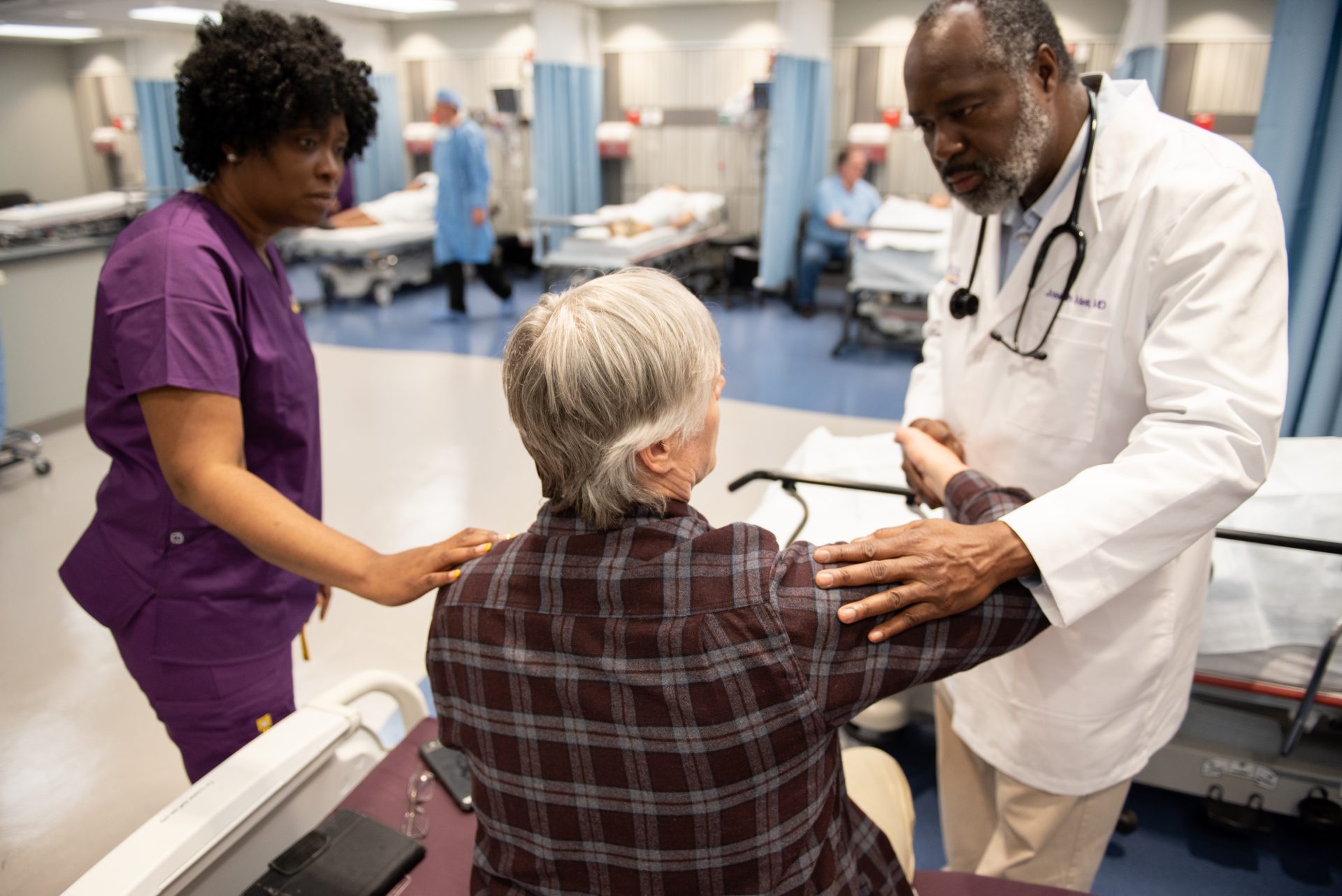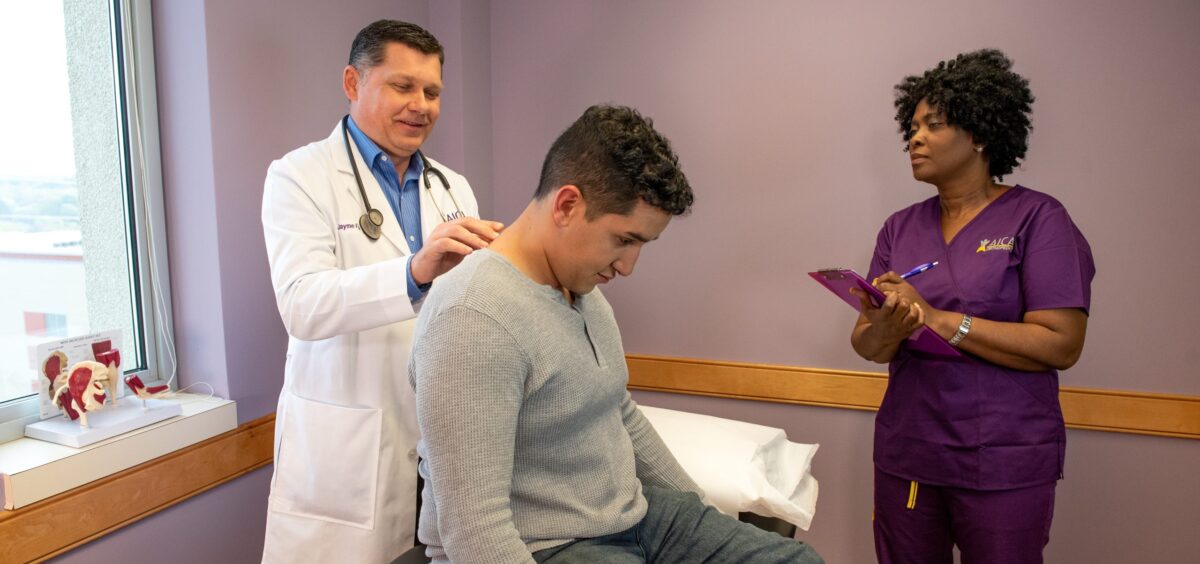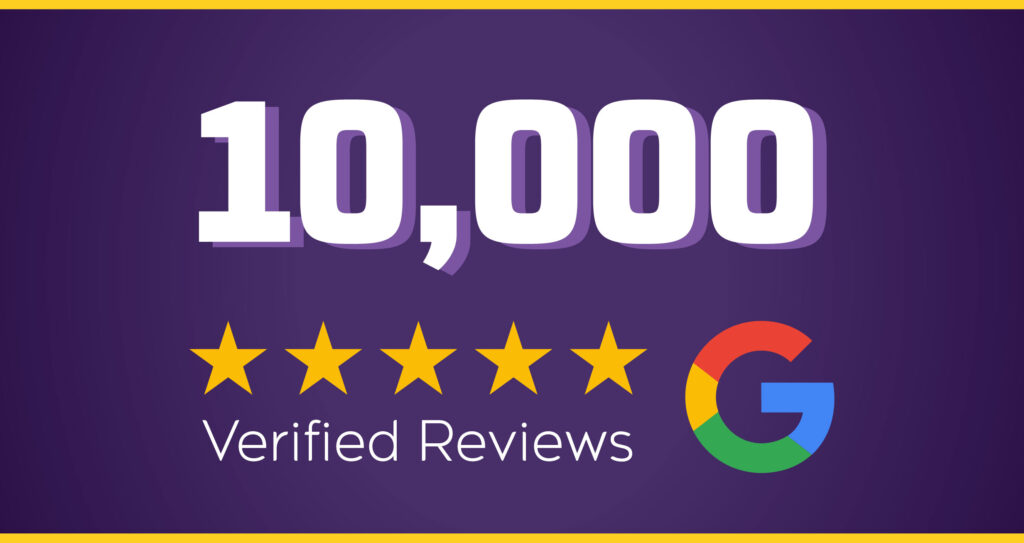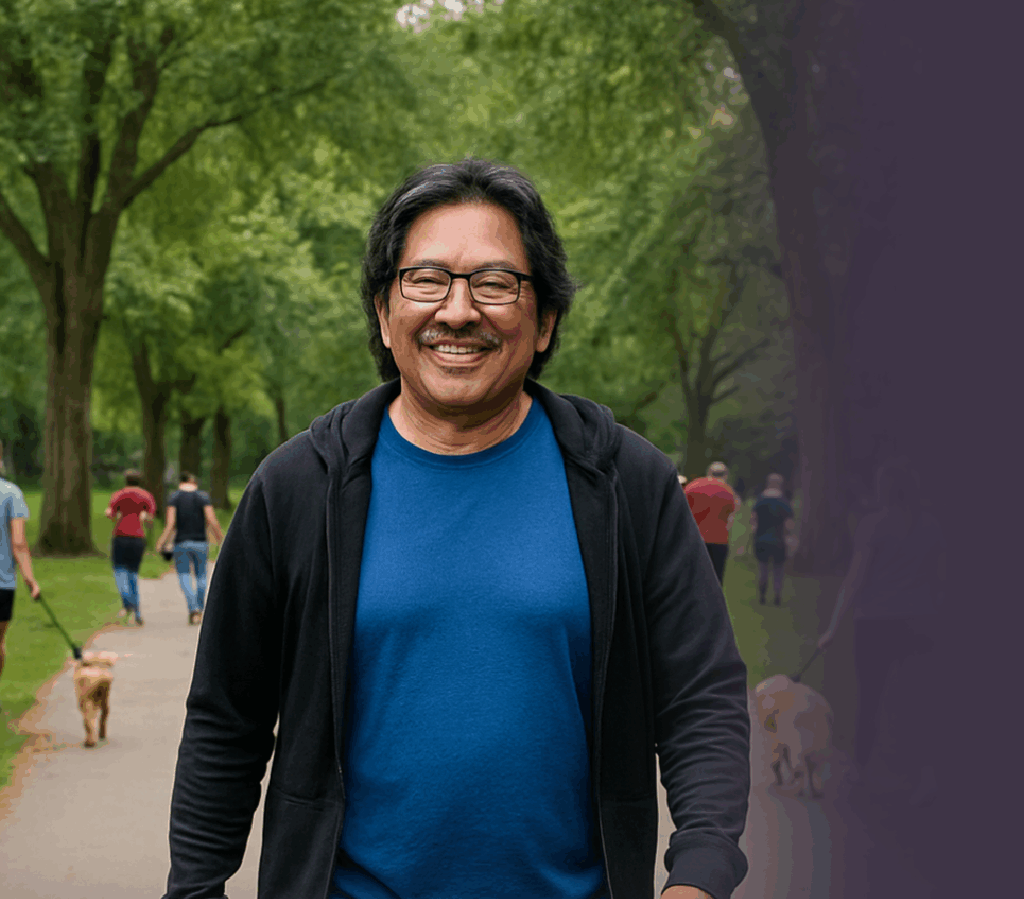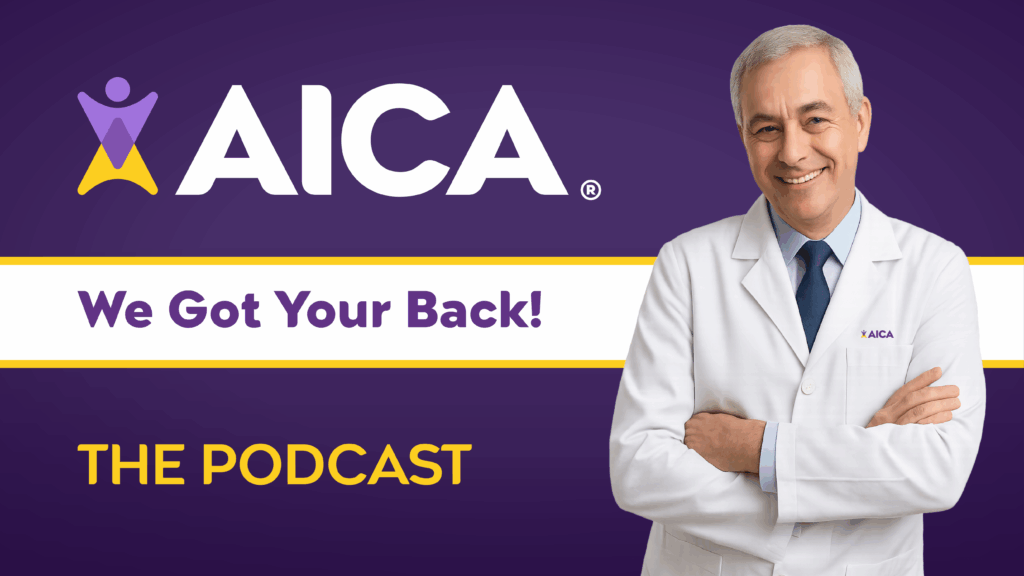Elbow Pain and Injuries
Your elbow serves as a hinge joint that connects the bones in your arm. It aligns around a slippery, gelatinous sac, which is why you can move your arm in more than one direction.
Your elbow is comprised of three bones that are called:
- The humerus or upper arm bone
- Radius
- Ulna (both the radius and the ulna make up your forearm).
These three bones allow you to move your elbow joint in three unique ways, either to flex, extend, or rotate.
Because of the complexity of how your ligaments, bones, and muscles connect in your arm, as well as your elbow’s ability to absorb the impact of everyday movements, the joints in this area are prone to irritation and inflammation, which serve as the two most common sources of elbow pain.
The root of these conditions is commonly associated with some combination of overuse and heavy exertion, genetics, infection, and some degenerative disease.
Common Elbow Conditions and Injuries Treated by Orthopedists
Elbow pain is most commonly found in a patient’s dominant arm. Below are a few of the most common types of elbow pain that we treat at AICA Orthopedics. In addition to these, we treat any and all elbow pain through physical therapy and even surgery when necessary.
Tennis Elbow
Patients tend to first experience Tennis Elbow as a form of pain or soreness that is felt on the exterior side of the elbow. A form of tendonitis, it is caused by damage to the muscles and tendons connecting the forearm muscles to the elbow joint.
It comprises of the muscles and tendons that attach to the bony spur on the exterior portion of the elbow, which is called the lateral epicondyle. This damage is more commonly caused by overuse of the joint, particularly through repetitive motions. Those who are most at risk for developing Tennis Elbow tend to participate in the following exercises or activities:
- Throwing
- Crossfit
- Weightlifting
- Punching or “Boxer’s Elbow”
